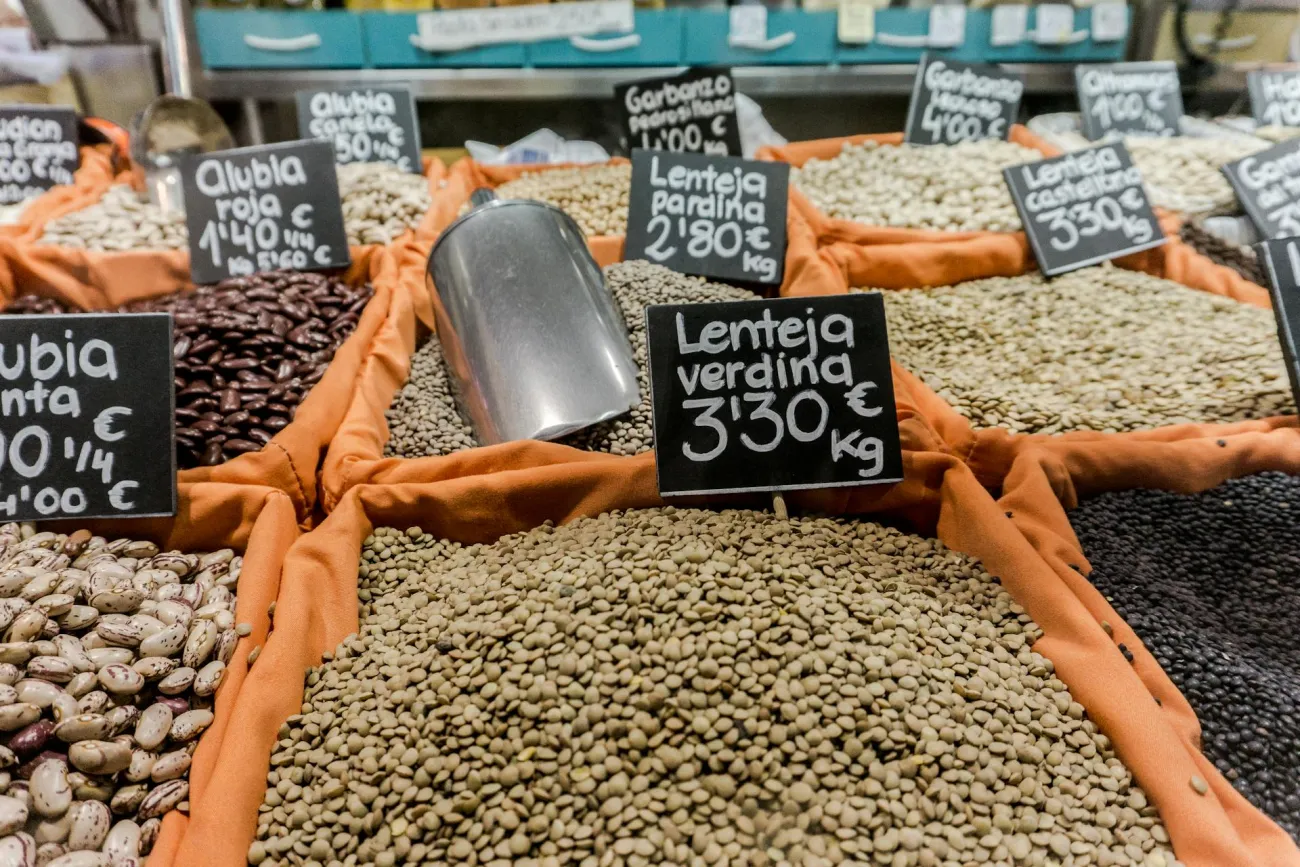
This briefing paper was produced by Sir Gordon Conway together with colleagues from the Agriculture for Impact program at Imperial College London and researchers from Harvard Kennedy School and the Forum for Agricultural Research in Africa (FARA). The briefing paper argues that African food production remains well below its potential and that innovation for sustainable intensification can help smallholder farmers produce more food with less impact on the environment while also improving agriculture’s sustainability. The authors make the case for a broader focus on innovation by arguing that tackling hunger, malnutrition and poverty while at the same time protecting and improving the environmental base will require human ingenuity, creativity and innovation, especially in the face of severe resource constraints and global warming.
It introduces some guiding principles for future innovation to ensure it can contribute to sustainable intensification. The paper argues that we need to go beyond sector silos in academia, business and government, and think more strategically and holistically about how we can cope with inter-connected issues that require integrated approaches and solutions. We also need to re-think our research and innovation systems to facilitate multidisciplinary, collaborative research at a range of scales. These are the multiple dimensions that need to be considered when innovating for sustainable intensification:
Multiple benefits
We must focus not only higher yields and production and more nutritious foods, but also more selective use of inputs, reduced environmental impact, greater resilience, minimised emissions of greenhouse gases and improvements in natural capital.
Multiple partners
We must ensure all benefits are considered and that we utilise different approaches (including gender equity and balance) and partner with the public and private sectors, Civil Society Organisations (CSOs) and NGOs.
Multiple approaches
We must combine, often concurrently in an integrated fashion, the application of agricultural ecological processes (ecological intensification), the utilisation of modern plant and livestock breeding (genetic intensification) and socio-economic intensification, that provides an enabling environment for technological and institutional innovation and technology adoption.
Multiple scales
We must broaden our scope to include everything from the individual field, to the farm, to the community, to the watershed and to whole landscapes so that we ensure multiple benefits are fully realised.
The Briefing Paper on Innovation for Sustainable Intensification was launched at an event Agriculture for Impact hosted during the Committee on World Food Security (CFS) in Rome and at the World Food Prize in October 2013.
Citation
Juma, C., Tabo. R., Wilson, K. and Conway, G. 2013. Innovation for Sustainable Intensification in Africa, The Montpellier Panel, Agriculture for Impact, London.
The links below to lead to other CFS side event presentations:
- Professor Sir Gordon Conway, Director, Agriculture for Impact
- Kevin Cleaver, Associate Vice President, IFAD
- Daniel Gad, Board Member, Ethiopian Horticultural Cooperatives; Owner and Managing Director Omega Farms Ethiopia
- James Kinyangi, Regional Program Leader for East Africa, CGIAR
To read more and to download the briefing paper click here.
To request a hard copy, contact Katrin Glatzel k.glatzel10(at)imperial.ac.uk.
For more on sustainable intensification, take a look at a number of publications to which FCRN’s Tara Garnett has contributed. For example this report: Sustainable intensification in agriculture. Navigating a course through competing food system priorities is the output of a workshop organised in January 2012 by the FCRN and the Oxford Martin Programme on the Future of Food. Written feedback on this report from a range of academic, governmental, NGO and industrial organisations is also provided in a ‘comments report’ here. Finally, an article on SI published in Science magazine is available (open access) Sustainable intensification in agriculture: premises and policies.
You can also do a general search on our website for Sustainable intensification.




Comments (0)